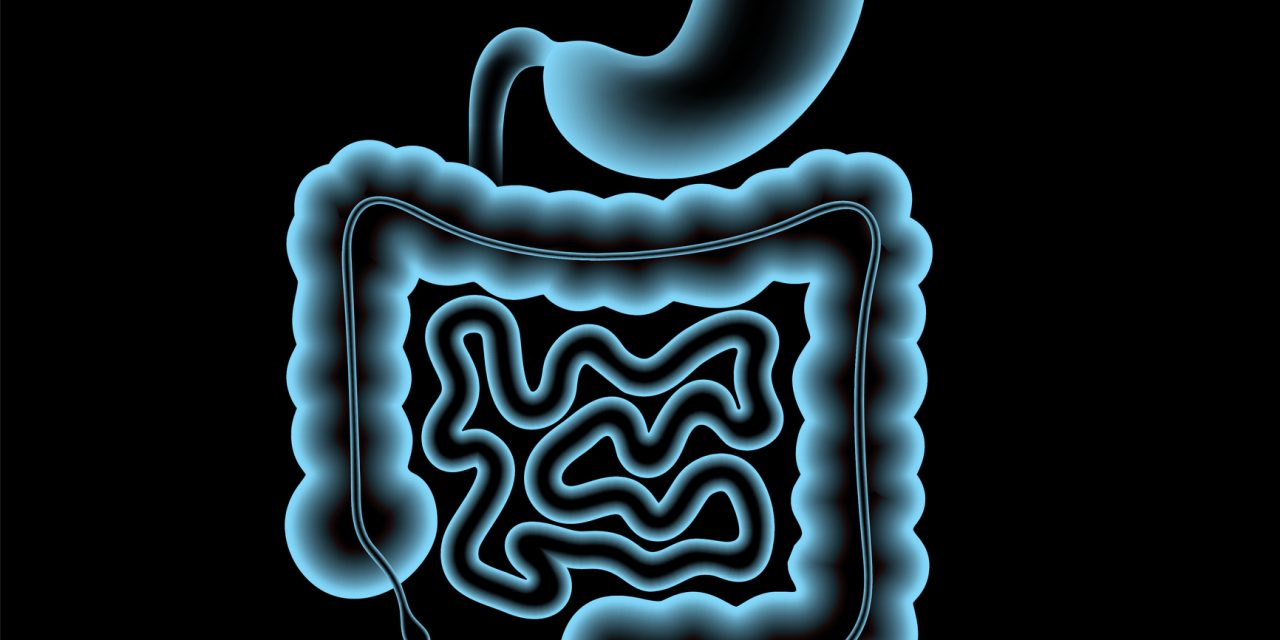Nrf2 (nuclear factor erythroid 2-related factor 2) is a stress-responsive transcription factor, associated with cellular homeostasis. Under normal conditions Nrf2 is kept in the cytoplasm by Kelch-like ECH-associated protein 1 (Keap1) which facilitates its degradation. Meanwhile, oxidative or electrophilic stress trigger Keap1 dissociation from the Nrf2/Keap1 complex and Nrf2 translocation to the nucleus where it induces the expression of numerous anti-oxidative and anti-inflammatory genes. The Nrf2/Keap1 axis plays a crucial role in the development of gastrointestinal (GI) tract and the maintenance of its proper functionality. This axis also seems to be a promising candidate for prevention of inflammatory bowel diseases (IBD), including ulcerative colitis (UC) and Crohn’s disease (CD), as well as their severe complications such as intestinal fibrosis and colorectal cancer. This review focuses on the role of Nrf2/Keap1 in 1) the development and proper functionality of GI tract, 2) the pathophysiology of GI diseases and their long-term complications, 3) the effectiveness of currently used drugs and non-conventional treatments which influence Nrf2/Keap1 and are potentially effective in IBD treatment, as well as 4) the effect of gut microbiota on Nrf2/Keap1 pathway in IBD.Copyright © 2020. Published by Elsevier Ltd.
The Nrf2 in the pathophysiology of the intestine: molecular mechanisms and therapeutic implications for inflammatory bowel diseases.


